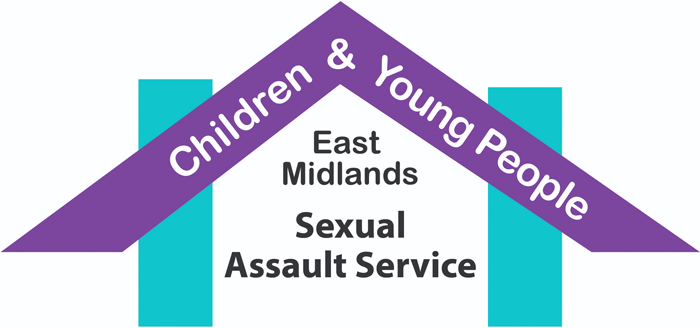When they get here
In this section, we will describe what will happen when the person you are concerned about reaches our centre. We will describe the process as if you are not there with them, but if the person you are concerned about asks you to come with them, be prepared to be present and supportive for many, if not all, of these steps. Remember our advice on how to be supportive to the person you care about: listen to them, let them show their emotions, do not be judgemental and do your best to be calm and sympathetic.
We will have arranged for the person you care about to come and visit us on a day that is convenient for them, sometimes on the same day that you call us if we think that we need to see them urgently. If they have asked you to come with them for support, that’s fine, and we will make appropriate arrangements. But be prepared for the fact that they may choose to come to our centre alone or ask you to contact a different person to go with them. Respect their decision, whatever it is. Everybody’s wellbeing is the most important thing to us, which is why we will make sure everyone is safe and get the person you are concerned about to one of our centres as soon as possible so that we can support them.
What happens when they first arrive?
When they arrive, we will make sure that one of our specially trained members of staff is there to greet them. This person is called a Crisis Support Worker and they are there to help the person you care about through every step of their visit to our centre. They will listen to their concerns, talk to them, let them know their options and make sure that they get the help and support that they need while they are with us. The Crisis Support Worker is also there to make sure that everything is in place for us to keep giving the person you care about the help and support they need after this first visit, for as long as they need it.
The Crisis Support Worker will be very experienced with helping people who have had similar experiences to the person you are concerned about. Crisis Support Workers are there to be patient and listen to all the concerns of anyone who is referred to us, even if they are upset, angry or confused by what has happened. These things can be difficult to process, and that’s completely understandable. The Crisis Support Worker will know how to best look after the person you are concerned about.
What happens next for them?
After hearing all the concerns of the person you care about, the Crisis Support Worker will decide with them what their best options are. In some cases, if they agree, we will arrange a medical and forensic examination, even if the incident was more than 10 days ago. The most important reason we do this is to make sure the person you are concerned about is in good health by checking them for any injuries and making sure they are OK. But this is also important for finding any evidence that might be helpful to the police in any investigation into their abuse. We are experienced in giving these exams to children and young people. We will go at their pace and talk them through every step to help them feel comfortable. If you or the person you are concerned about want to know more about the medical and forensic examination, please click the box below, and we will answer in more detail any concerns or worries you might have.
The Crisis Support Worker will have listened to all the concerns of the person you care about and will help them to access a range of help and support options while they are at the centre and after they leave. If more than 10 days have passed, we can offer sexual health screenings or pregnancy testing if these are concerns that your friend or relative has.
Most importantly, the person you are concerned about can discuss accessing therapeutic support with workers who are experienced at helping to give children and young people who have had similar experiences the support they need to deal with the emotional effects that sexual abuse can have. These Therapeutic Support Workers will help them to understand how they are feeling and cope with these emotions, for as we feel the person you care about needs their support.
To learn about our full range of follow-up care that we provide after they leave, please click below to see how we can help in the future.
Information for Children Under 13
We’ve written a guide for children under the age of 13 which explains what happens when you come to the centre.
The guide is available as a PDF, so you can view it on your computer or print a copy.
